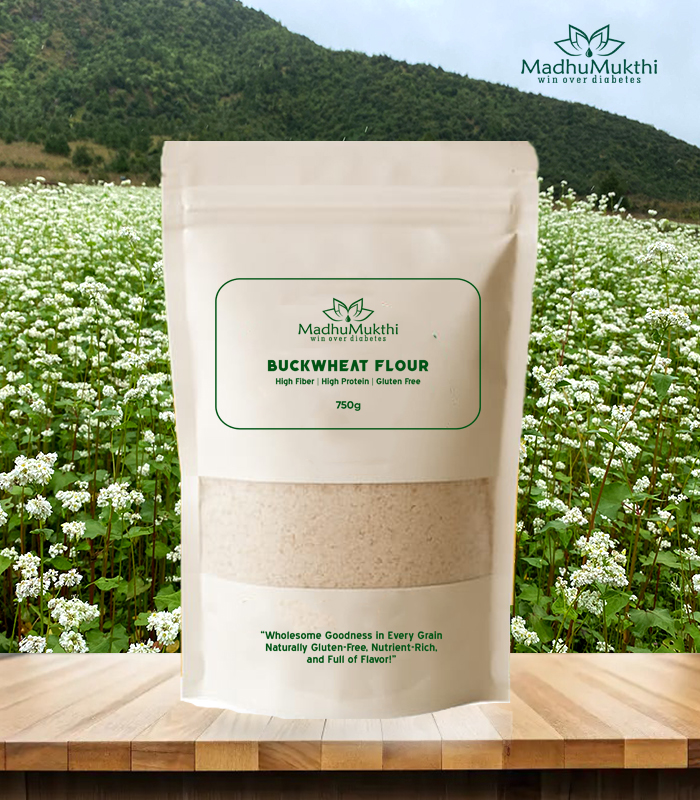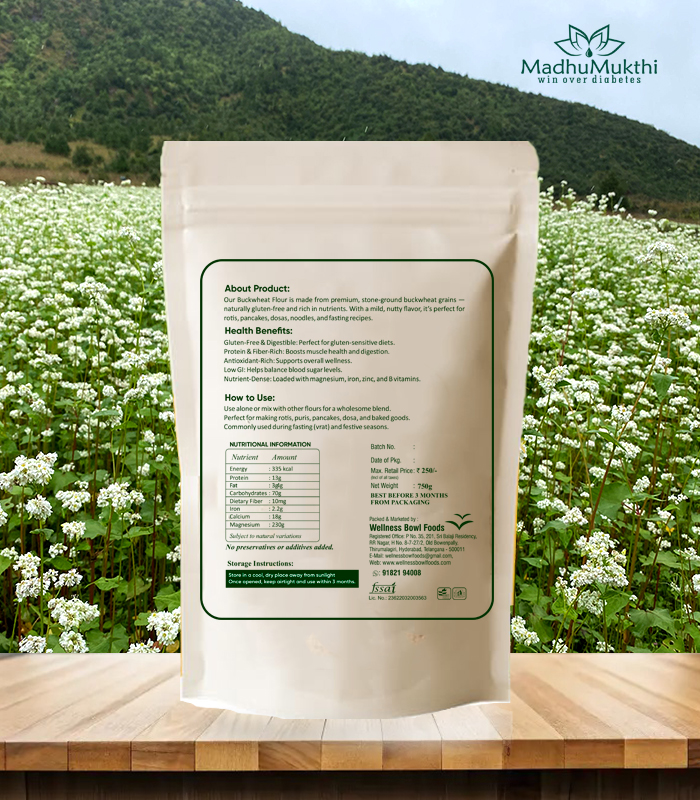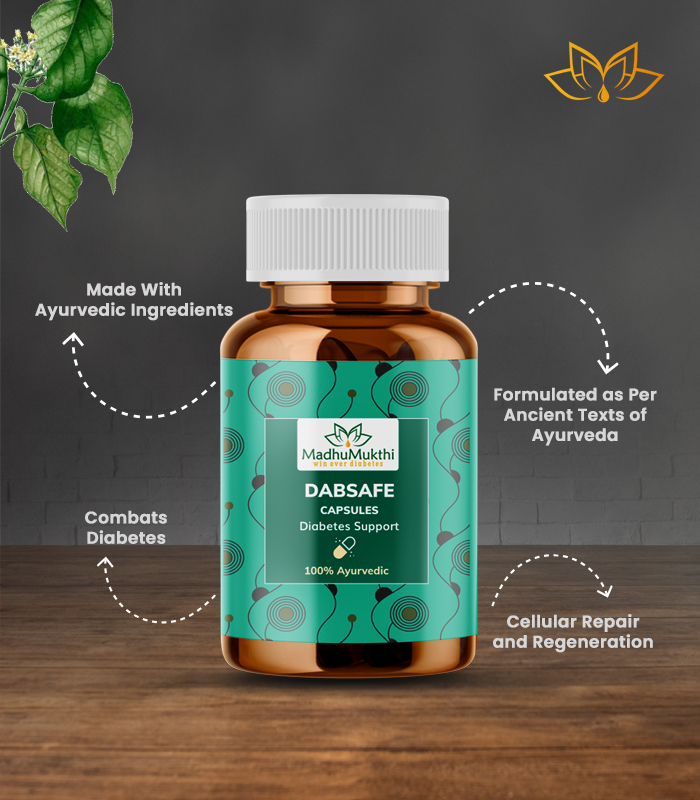
Is Dark Chocolate Good for Diabetes? Exploring the Sweet Truth

While managing diabetes, many people have difficulties dealing with sweet things.It is common for them to cut out all sugary snacks as they constantly struggle to regulate their blood sugar levels. However, what concerns dark chocolate? Is it allowed for those who have diabetes or not really?
There isn’t just yes or no as the answer to this question, like most others. A little bit of optimism is given to those people who love eating sweets by consuming dark chocolate. Many health benefits come with eating it, and therefore it may be recommended for use even by diabetic patients. Dark chocolate and diabetes can be looked at in-depth and this will involve finding out the scientific proof behind these potential advantages as well as some tips on how best they could be utilized while being cautious.
Dark Chocolate Benefits: A Beacon of Hope
Dark chocolate boasts a unique nutritional profile, setting it apart from its milk chocolate counterparts.
The following are some advantages of it:
Rich in Flavonols:
According to some research, dark chocolate is full of flavonols which are said to be rich in. These have been found to potentially increase insulin sensitivity – the hormone that regulates blood sugar levels.
Reduced Sugar Content:
Generally speaking, when compared with milk chocolate; dark chocolate contains less sugar. You should go for types with over 70% cocoa content if you want even lower amounts of sweetness from your favourite treat.
Potential for Improved Blood Flow:
Flavanols in dark chocolate may contribute to improved blood flow and lower blood pressure, both of which are beneficial for cardiovascular health, and a concern for many diabetics.
Source of Essential Minerals:
It was said that dark chocolate is a source of essential minerals that can help the blood regulate sugar levels in the blood.
Sugar-Free Dark Chocolate: A Flawed Hero?
People living with diabetes eager to reduce their sugar intake often indulge in sugar-free chocolate. Nonetheless, the artificial sweeteners employed in its production might not be as beneficial. Even though the blood glucose does not rise directly because of fake sugars, they could alter the gut bacteria makeup, thereby affecting the long-term control of sugar levels. Additionally, in certain individuals sugar alcohols which are another popular substitute for ordinary sugars may lead to digestive issues.
The Dark Truth: Dark Chocolate and Diabetes
Even though there may be drawbacks to consuming dark chocolate, we must not forget that doing so in moderation is important.
Here is a breakdown of considerations for diabetics:
Portion Control is Paramount: A small serving of dark chocolate with a high cocoa percentage is generally considered safe for most diabetics.
However, it’s important to factor this amount into your overall carbohydrate intake for the day.
Inspect the label for added sugars and fillers: This is how dark chocolate may contain milk solids, unhealthy fats, or even secret sugars, potentially undermining its advantages.
You should monitor blood glucose: Be sure to check your levels of this substance after having consumed any amount of dark chocolate, particularly if you got diagnosed not so long ago or are using insulin to control diabetes.
Ask your doctor: Dark chocolate should fit into the diet for every patient because each case can be different from others. Therefore it is important to talk with him/her about including d.c in the ration so that everything goes well according to the individual plan of treatment development.
How to Reduce Blood Sugar Level Immediately (Disclaimer: Not a Substitute for Medical Advice)
Even though eating dark chocolate over time may help with controlling blood sugar, it’s not a solution if you need to lower your levels quickly. You should get in touch with a doctor if your sugar level is high.
Here are some ideas for managing blood sugar that you can talk about with your healthcare provider:
- Physical activity helps your body utilize insulin more effectively, leading to lower blood sugar levels. It is important to drink a lot of water so that the body can get rid of extra sugar through urine.
- Depending on how bad your diabetes is, you might need to take medicine for your blood sugar.
- Sugar-free chocolate may seem like a good choice but be careful with it.
- As mentioned earlier, artificial sweeteners and sugar alcohols may have unintended consequences.
Here are some additional considerations:
- Sugar-free chocolate still contains calories, so factor it into your daily calorie intake.
- Artificial sweeteners and sugar alcohols can cause bloating, gas, and diarrhea in some individuals.
- Pay close attention to the type and amount of sugar substitutes used.
Blood Sugar Control: A Team Effort
Managing blood sugar levels requires a multidirectional approach. Below are additional approaches to take into account with a small amount of dark chocolate:
- Focus on a Balanced Diet: Prioritize whole, unprocessed foods like fruits, vegetables, and whole grains.
- Managing Stress: Ongoing, unrelieved stress may raise your blood glucose if you have diabetes. It is possible for yoga, meditation and deep breathing to be useful methods of relaxation.
- Fiber is Your Friend: Fiber slows down the absorption of sugar into the bloodstream, promoting better blood sugar control. Include fruits and vegetables in your regular diet.
- Regular Sleep is Key: Try for 7-8 hours of quality sleep each night. Not getting enough sleep can mess with hormones that help control blood sugar.
Best Dark Chocolate for Diabetics: Quality Over Quantity
When choosing dark chocolate prioritize quality over quantity.
Here are some pointers:
- Find chocolate which is dark and contains at least 70% cocoa solids. Doing this guarantees that there will be more flavanols and less sugar in it.
- Opt for dark chocolate with minimal added ingredients. Avoid varieties with milk solids, unhealthy fats, and excessive sugar.
- Remember, moderation is key. A small square is sufficient to reap the potential benefits.
Dark Chocolate for Diabetics: A Delicious Ally, Not a Magic Bullet
Consumed in moderation dark chocolate can be a delicious part of a diabetic’s diet nonetheless it is not a quick fix for regulating blood sugar levels.
Here are some key takeaways:
- Focus on a Balanced Diet: Opt for a nourishing diet containing fruits, vegetables, whole grains and foods with low saturated fat to help control your blood sugar.
- Moderation is Key: Limit dark chocolate intake to a small serving and factor it into your overall carbohydrate intake.
- Consult Your Doctor: If you want to eat dark chocolate, talk to your doctor first. This will help you know whether it can be part of your unique treatment plan.
Dark Chocolate Benefits for Skin:
Although diabetics should prioritize controlling blood sugar, dark chocolate offers even more significant advantages. For instance, dark chocolate’s antioxidants can enhance skin health. But remember that taking care of your skin also involves a balanced diet and a regular skincare routine.
Living with Diabetes: Embracing Sweetness Responsibly
Even with diabetes, you don’t have to say goodbye to all your favorite treats. You can have some dark chocolate once in a while if you are careful about what you select and don’t eat other sweets in addition. To be able to handle your illness well yet still have a few sugary indulgences, remember these points: It’s also possible for them to be overeaten just because they don’t contain any sugar so keep moderation in mind; Ensure that the overall balance of the diet is maintained; Talk with a healthcare professional before making any dietary changes.




